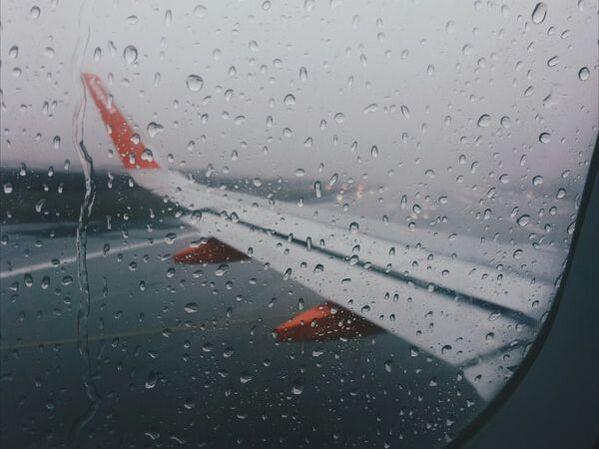|
After being accepted as a participant in the Hairy Cell Leukemia (HCL) protocol in May of 1985, I had to figure out a way to get to the National Cancer Institute (NCI) facility in Frederick, MD. It was about a two-hour drive from my house in Delaware and I didn’t have the energy to drive myself. In the beginning I had to go once a week for blood tests and medication (interferon). After a few weeks it was every two weeks, and eventually, once a month, always on a weekday. I had learned at an early age that asking for help from my parents resulted in either a sarcastic “What? A smart girl like you needs help? You can’t figure out a little thing like that?” Or, my father’s stock reply: “You’re strong. You can manage.” I might have managed, and not been so upset, if I'd only needed a ride once or twice, but the continuing need to ask for rides left me feeling embarrassed, anxious, tense, and full of shame. I felt I shouldn’t need so much help. After a few months, desperate to find another way to get to the NCI, I discovered there was a plane that left from Wilmington and flew to Washington, D.C. where someone from NCI would pick me up. All went according to plan. I was pleased and relieved, knowing I could now make the trip by myself. At the clinic, I was scheduled to have a bone marrow biopsy but it took five tries on each side of my sacrum before the doctors could get enough material to test. A hurricane was forecast. Blood was oozing from where the needles had gone in. Doctors told me I had to stay the night. I just wanted to go home. Stubbornness kicked in. I was in flight mode, beyond reason. Unwilling to listen to the sensible and caring advice of the medical staff said. Finally, they gave up and arranged for my ride to the airport. As I waited for the hurricane to blow over, I felt wet on the back of my clothing. I went to the ladies room and saw blood had seeped from the biopsy areas. I used paper towels to clean myself up and stuck them in my clothing to stop the seepage. Hours late, a plane arrived, but it was not going to Wilmington, where I’d left my car. It had been rerouted to the Philadelphia Airport. I told myself I could get a shuttle from the airport to my house so I boarded. When it was possible to stand up, a flight attendant noticed blood on the back of my seat. My dress was a bloody mess. She got me a towel to wrap around my body and suggested they call for an ambulance when we arrived. “I’m strong. I can manage,” I said. Words from my childhood reverberating—overwhelming all thoughts of accept help. When we landed, a friend who’d been worried about me, had tracked that I’d be landing in Philadelphia instead of Wilmington, and met my plane. He put newspapers on the seat so I wouldn’t mess the upholstery. When we got to my house he offered to stay. I told him to leave, that I could manage. I did. Sort of. I was so weak I had to crawl to the bathroom. I laid on the floor on two towels to stop the bleeding. It took a hurricane and loss of blood and exhaustion to make me realize that asking for help did not mean I was weak or stupid or needy. Asking for help was not a crime or cause for shame. How and when do you decide to ask for help?
3 Comments
Marlene Simon
3/6/2024 03:28:14 pm
It is so clear why you would have difficulty trusting but it is also clear that there were people who were definitely there for you.
Reply
Leave a Reply. |
Monthly StoriesStories inspired by world tales to challenge and comfort. Archives
July 2024
Categories |
Copyright © Nancy King 2020 | Site Design by Angulo Marketing & Design
|
|
Nancy King is a widely published author and a professor emerita at the University of Delaware, where she has taught theater, drama, playwriting, creative writing, and multidisciplinary studies with an emphasis on world literature. She has published seven previous works of nonfiction and five novels. Her new memoir, Breaking the Silence, explores the power of stories in healing from trauma and abuse. Her career has emphasized the use of her own experience in being silenced to encourage students to find their voices and to express their thoughts, feelings, and experiences with authenticity, as a way to add meaning to their lives.
|


 RSS Feed
RSS Feed